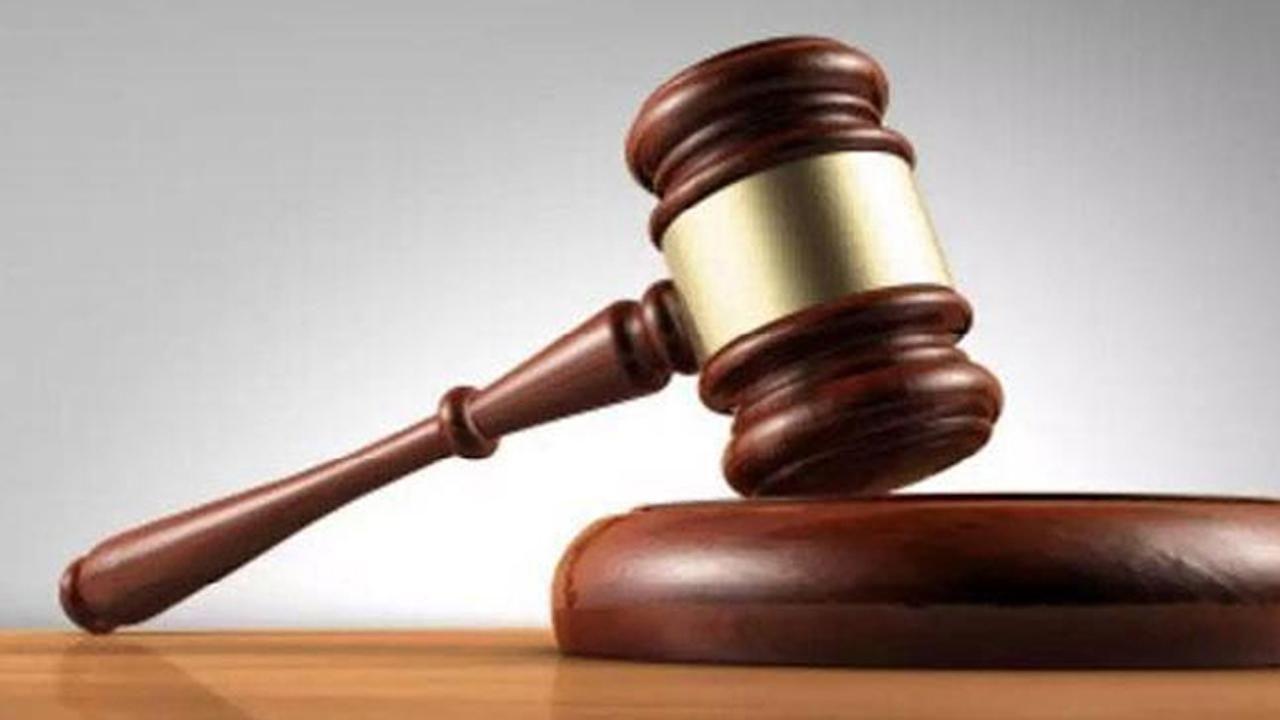The petitioners are Sudhir Dhawale, Rona Wilson, Surendra Gadling, Shoma Sen, Mahesh Raut, Vernon Gonsalves, and Arun Ferreira

This picture has been used for representational purpose
Seven activists and academics accused in the Elgar Parishad-Maoist links case told the Bombay High Court, the Pune sessions court, which remanded them to custody following their arrest and also took cognisance of the police's chargesheet in 2019, had no jurisdiction to do so and sought a default bail.
The petitioners are Sudhir Dhawale, Rona Wilson, Surendra Gadling, Shoma Sen, Mahesh Raut, Vernon Gonsalves, and Arun Ferreira. The Elgar Parishad case is related to inflammatory speeches made at a conclave held in Pune on December 31, 2017, which, the police claimed, triggered violence the next day near the Koregaon-Bhima war memorial located on the outskirts of the western Maharashtra city.
The prosecution claimed the conclave was organised by people with alleged Maoist links. The counsel for the petitioners, senior advocate Sudeep Pasbola, told the high court that since all the accused persons in the case had been charged for scheduled offences under the Unlawful Activities Prevention Act (UAPA) besides sections under the Indian Penal Code, only a designated special court could have taken cognisance of the case.
Pasbola told a bench of Justices SS Shinde and NJ Jamadar that when the accused petitioners were first produced before the Pune court for remand following their arrests in June 2018, they had objected to the court's jurisdiction. Yet, the sessions court had gone ahead with hearing the matter, he said. "At the time when the first chargesheet was filed in the case, designated special courts were functional in Pune. Besides, even if there hadn't been any functional special court at the time, the case, since it was dealing with scheduled offences under the UAPA, should have gone to a magistrate's court who would, in turn, have designated the sessions court to take cognisance as per law," he said.
Also Read: Elgar Parishad case: NIA draft charges claim accused wanted to wage war against nation
Pasbola told the bench the National Investigation Agency (NIA) had maintained that only after it took over the case in January 2020 it would go before a special court, "but that was not what the law mandated". He said "once a scheduled offence was disclosed," the case must go before a special court. Earlier this month, the bench of Justices Shinde and Jamadar had reserved its verdict on a plea seeking default bail filed by lawyer and activist Sudha Bharadwaj on similar grounds.
The bench will hear the NIA on the activists' plea on August 25.
The NIA had submitted its draft charges before a special court here in the Elgar Parishad-Maoist links case earlier this month and claimed the accused persons wanted to establish their government and "wage a war against the nation".
This story has been sourced from a third party syndicated feed, agencies. Mid-day accepts no responsibility or liability for its dependability, trustworthiness, reliability and data of the text. Mid-day management/mid-day.com reserves the sole right to alter, delete or remove (without notice) the content in its absolute discretion for any reason whatsoever.
 Subscribe today by clicking the link and stay updated with the latest news!" Click here!
Subscribe today by clicking the link and stay updated with the latest news!" Click here!







